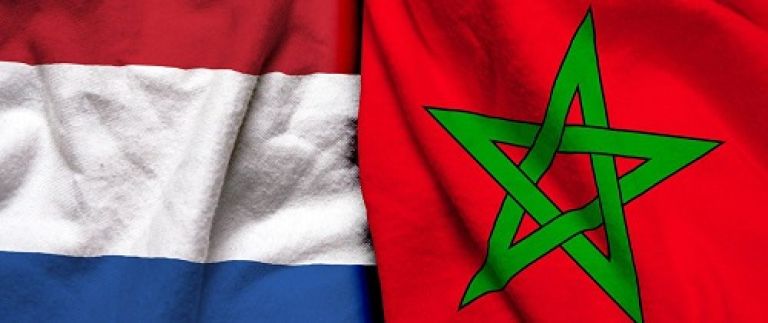The Central Bureau of Statistics (CBS) of the Netherlands has published a report on the social and financial difficulties facing Moroccans in the country. The report highlights the obstacles encountered by the Moroccan community in their daily lives, including the language barriers, their social isolation and unemployment.
First-generation migrants face isolation and difficulties
First-generation Moroccan migrants, who came from Morocco, experienced notable difficulties learning Dutch. The CBS report found that 40-45% of Moroccans living in the Netherlands interact mainly within their own community, leaving them isolated from the wider Dutch society. This isolation reduces opportunities for improving language skills, reducing their chance of integrating into the labour market. This situation is reflected in a higher rate of unemployment compared to the Dutch national unemployment rate and less home ownership compared to Dutch households.
Second-generation Moroccans making significant progress in education
According to the report, second-generation Moroccans are showing improvement, especially in education, despite the difficulties faced by their parents. The report says, the number of Moroccan students in higher education courses such as “ HAVO” and “ VWO” (university preparatory schools) has risen from 30% in 2011-2012 to 41% in 2023-2024. An increase which still does not fully close the gap with Dutch students, 50% whome take these courses.
Linguistic skills still lacking
Despite the progress achieved, major deficiencies still remain , especially in the second generation's reading and writing skills. To overcome these obstacles, the report points out the need to improve Dutch language teaching from the earliest stages of schooling and to provide more support for children of Moroccan origin.
Challenges in the labour market
According to the report, although second generation Moroccans benefit from better education, access to stable jobs is still a challenge. Unemployment among second-generation Moroccans is still higher than the national average. This could partly be attributed by factors including discrimination and a lack of particular skills required in certain areas.
Moving towards better integration
The report stresses the need to raise the standards of education and improve language skills as a means to overcome integration barriers. It also recommends increasing the level of interaction between the Dutch and members of the Moroccan community to reduce social isolation and provide better opportunities to thrive and integrate into Dutch society.





